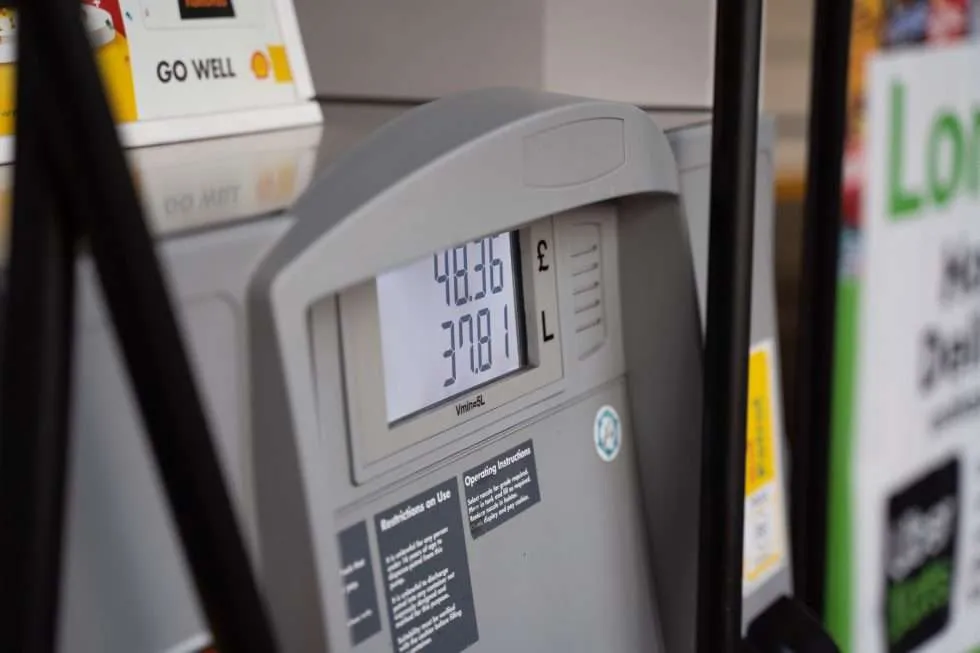Cheap car rentals: How to avoid hidden costs and save money

A cheap rental car deal can look like a great bargain – until the final bill arrives. Many low-cost offers hide extra charges in the fine print, turning your “deal” into an expensive mistake. The good news? Most of these fees can be avoided with the right preparation.
Below you’ll find practical car hire tips to help you rent smarter, avoid unnecessary costs, and keep your travel budget under control.
1. Watch out for daily mileage restrictions
Budget rental companies often lure customers with low daily rates but limit the number of kilometers or miles you can drive each day. Go over that limit, and you’ll pay a fee for every extra kilometer.
This can be fine for short city trips, but for road trips or long-distance travel, the charges add up fast.
Car hire tip:
Always check if the rental offers unlimited mileage.
If not, estimate your travel distance and calculate the true total cost.
2. Additional driver fees can add up
Sharing the driving makes long trips safer and more enjoyable, but budget rental agencies often charge extra for each additional driver.
Some charge a daily rate, others a one-time fee – either way, the cost can turn a cheap deal into a pricey one.
Car hire tip:
Look for companies that include at least one additional driver for free.
If you’re renting for a week or more, compare how the extra driver fee affects the total price.
3. Understand rental car insurance and excess
The headline price often includes minimal insurance with a high excess (deductible) – sometimes over 1,000 euro or dollar per incident.
You can lower this risk by paying for an excess waiver or full coverage insurance. However, these often exclude damage to windscreens, windows, and tires – which may require a separate policy costing around 5 euro or dollar per day.
Car hire tip:
Check if your travel insurance or credit card covers rental cars.
Compare the rental company’s rates with third-party insurance providers.
4. Roadside assistance isn’t always included
Breakdowns can happen, even with new cars. But some budget rentals don’t include roadside assistance by default – you have to pay extra.
If you decline and the car fails, you could face towing charges or delays.
Car hire tip:
Ask if roadside assistance is included in your price.
Add it if you’re traveling far from urban areas.
5. Check the fuel policy
Fuel policies vary, but full-to-full is usually the fairest. Full-to-empty deals mean you’ll pay for fuel you don’t use, as most drivers can’t return the tank completely empty.
Car hire tip:
Choose full-to-full when possible and keep your fuel receipts.
6. Extras that inflate the price
Other optional add-ons – GPS, child seats, Wi-Fi – can significantly increase your rental cost. Sometimes these are cheaper to arrange yourself.
Car hire tip:
Bring your own GPS or use your phone with offline maps.
If you need a child seat, check if bringing your own is more cost-effective.
The bottom line: Read before you book
The cheapest daily rate doesn’t always mean the best value. Before you book:
Read the rental terms in full.
Add up all potential extra charges.
Compare with “all-inclusive” options that bundle unlimited mileage, insurance, and roadside assistance.
This way, you avoid nasty surprises, travel stress-free, and truly get the best deal for your journey.
Car hire tip:
Check out these car rental websites that offer real all-inclusive car rentals:

